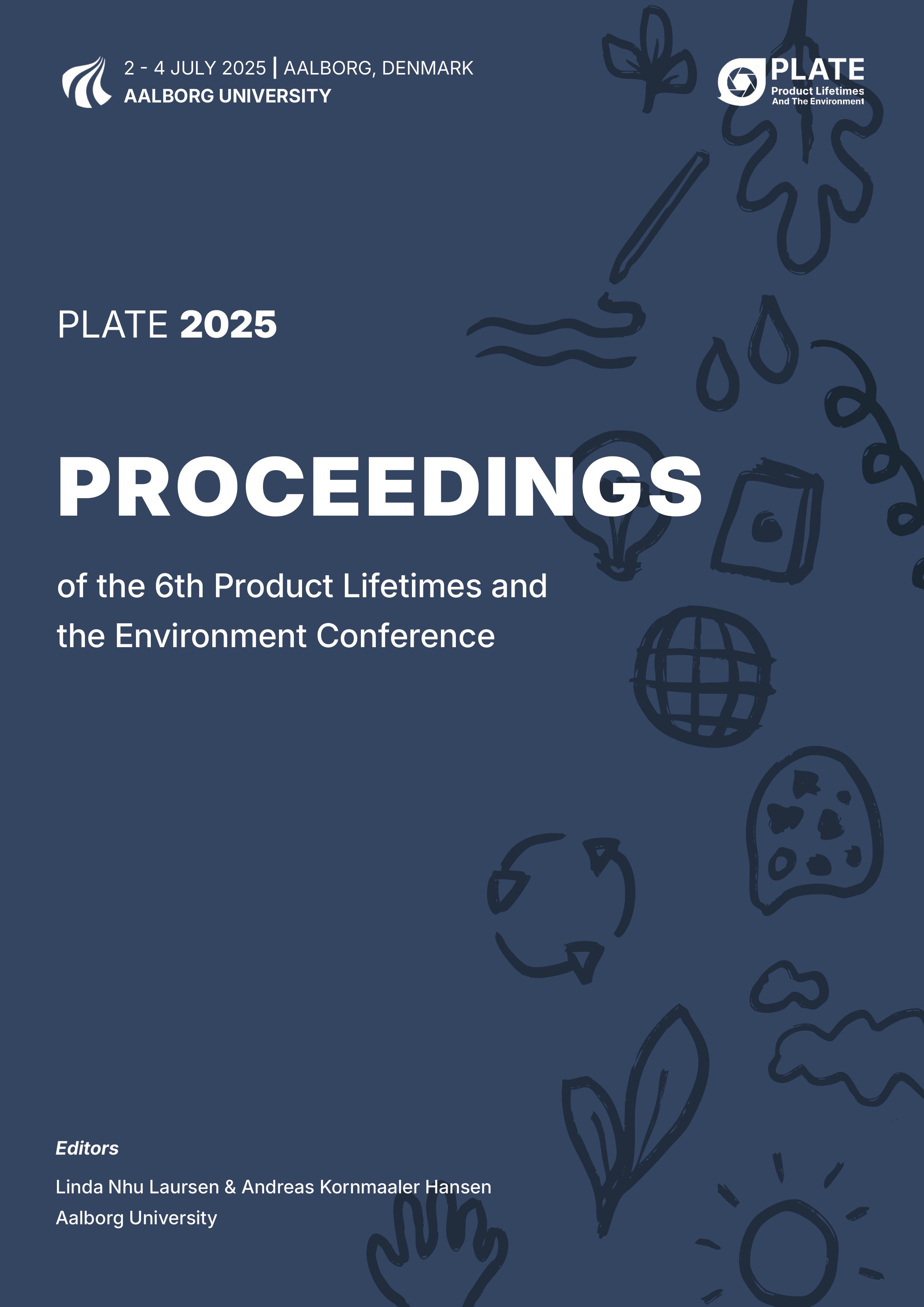Waste What?
A game to communicate about local circular economy practices
DOI:
https://doi.org/10.54337/plate2025-10357Keywords:
Circular Economy, Educational Games, Scientific Communication, Waste Prevention, R-StrategiesAbstract
Waste What? is a card game, intended to communicate about linear economy while highlighting sustainable alternatives of local circular economy (CE) practices offered by grassroot initiatives. The objective of this article is to present the applied co-creative game development process and to show identified CE enablers included in the game. Based on the results, lessons learned and recommendations for future projects are formulated. The project that developed Waste What? used a co-creative development process with four phases: 1. Field Trips: That collected perspectives, insights, and impressions from local CE-Stakeholders. 2. Prototyping: Developed the game concept based on observations. 3. Testing & Design: Prototypes are developed into the final game by including the perspectives of stakeholders in testing sessions. 4. Dissemination and Documentation: The game was documented and published with an open-source license and disseminated at events. With an individual design of 110 cards, a game board, chips, and a manual, Waste What? communicates an experience of involvement in local CE- practices. In the game, players from two teams take the perspective of CE-initiatives. They are active in the re-use of items of the categories: Textiles, Electronics, Food, Furniture, Construction Materials and Bicycles. Players have several options, including selling, donating, storing, combining or incinerating items. The game communicates observed CE-enablers connected to people, items, and infrastructure. The study concludes that CE-games can communicate principles and people are interested in the approach. However, it is recommended to tailor games to specific target groups and plan extensive dissemination efforts to maximize its impact.
References
EUROPEAN COMMISSION. (2020). A new Circular Economy Action Plan—For a cleaner and more competitive Europe [COMMUNICATION FROM THE COMMISSION TO THE EUROPEAN PARLIAMENT, THE COUNCIL, THE EUROPEAN ECONOMIC AND SOCIAL COMMITTEE AND THE COMMITTEE OF THE REGIONS]. https://eur-lex.europa.eu/legal-content/EN/TXT/?qid=1583933814386&uri=COM:2020:98:FIN
Grundlach, S., Vosse, Sachs. (2024). HAUS DER MATERIALISIERUNG - Ein Transformationsort für Zirkuläre Praxis in Berlin (1st ed.). https://drive.google.com/file/d/1F7oiKnu4l114zgo2RHmiIDMIyCyEJzD-/view
HdS. (2023). Modellprojekt Haus der Statistik. https://hausderstatistik.org/
Manshoven, S., & Gillabel, J. (2021). Learning through Play: A Serious Game as a Tool to Support Circular Economy Education and Business Model Innovation. Sustainability, 13(23), 13277. https://doi.org/10.3390/su132313277
Partnership on Circular Economy. (2019). Urban Resource Centres. https://ec.europa.eu/futurium/en/system/files/ged/classification_of_urban_resource_centres_0_0.pdf
Rexfelt, O., & Ordoñez, I. (2017). Designing from the dumpster: Experiences of developing products using discards. International Journal of Sustainable Design, 3(2), 61. https://doi.org/10.1504/IJSDES.2017.10012842
Rotter, V. S., Farías, I., Scholz, J. R., Criado, T. S., Ordoñez, I., Beck, P., Quack, S., & Escorza, M. (2024, December). “Waste What?” A GAME ON THE MANY WAYS WE CAN REUSE STUFF. Zenodo. https://doi.org/10.5281/zenodo.13941100
Scholz, J., Ordonez, I., & Rotter, V. S. (2023). Chaos and synergies: Review of the first three years at the “Haus der Materialisierung.” PROCEEDINGS 5th PLATE Conference Espoo, Finland. https://www.plateconference.org/call-for-contributions-2/
Scholz, J., Vosse, C., Kellerhoff, S., & Rotter, S. (2023). Urbane Ressourcenzentren und Material-Initiativen als Katalysatoren nutzerzentrierter Abfallvermeidungsstrategien. MÜLL Und ABFALL, 8. https://doi.org/10.37307/j.1863-9763.2023.08.04
Selvefors, A., Renström, S., Nordenö, H., Einebrant, E., Fallahi, S., Whalen, K. A., & Leivas, M. (2023). How can games aid co-design of user-centered circular offerings? PROCEEDINGS 5th PLATE Conference Espoo, Finland. https://www.plateconference.org/call-for-contributions-2/
Susi, T., Johannesson, M., & Backlund, P. (2007). Serious Games—An Overview.
Whalen, K. A., Berlin, C., Ekberg, J., Barletta, I., & Hammersberg, P. (2018). ‘All they do is win’: Lessons learned from use of a serious game for Circular Economy education. Sustainable Resource Management and the Circular Economy, 135, 335–345. https://doi.org/10.1016/j.resconrec.2017.06.021




